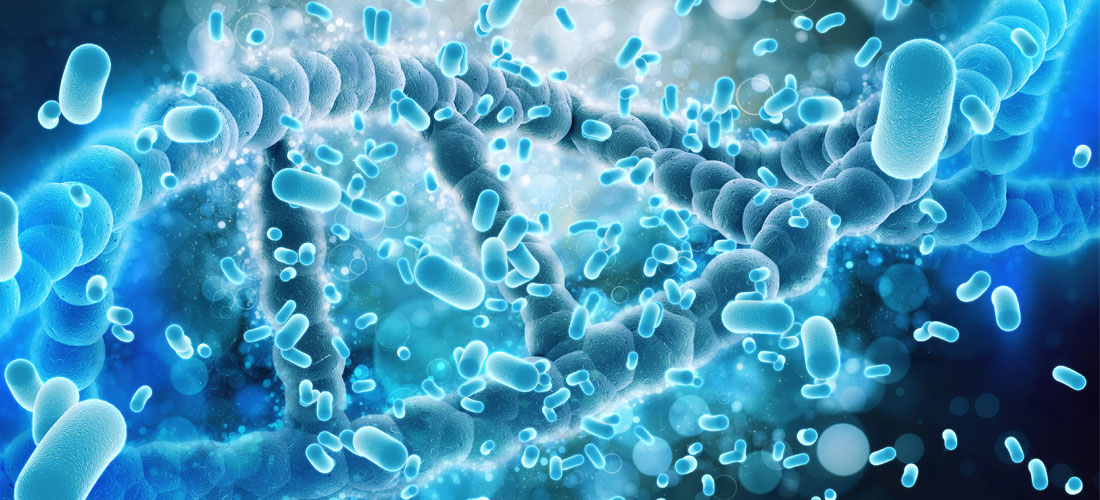Molecular mechanisms of pathogen virulence refer to the specific biochemical and genetic strategies employed by infectious microorganisms to invade host organisms, evade immune responses, and cause disease. These mechanisms include the secretion of toxins, modulation of host signaling pathways, alteration of surface proteins, and hijacking of cellular machinery.

Understanding the molecular mechanisms of pathogen virulence is fundamental to advancing our ability to diagnose, treat, and prevent infectious diseases. This session will explore how bacteria, viruses, fungi, and parasites deploy an array of molecular tools to establish infection, survive in hostile environments, and overcome host immune defenses.
Presentations will delve into topics such as:
- Virulence genes and their regulation
- Host-pathogen molecular interactions
- Role of quorum sensing and biofilms
- Molecular mimicry and immune evasion
- Antimicrobial resistance pathways
- Cutting-edge technologies in studying virulence (e.g., CRISPR, proteomics, transcriptomics)
This session will feature leading scientists and researchers from India and around the world who are at the forefront of infectious disease research. Their insights will provide valuable knowledge for developing novel therapeutic interventions and vaccines, particularly in the face of emerging and re-emerging infectious threats.
Join us for this intellectually rich session at the World Congress on Infectious Diseases & Antibiotics – 2025, where science meets strategy in the global battle against infection.